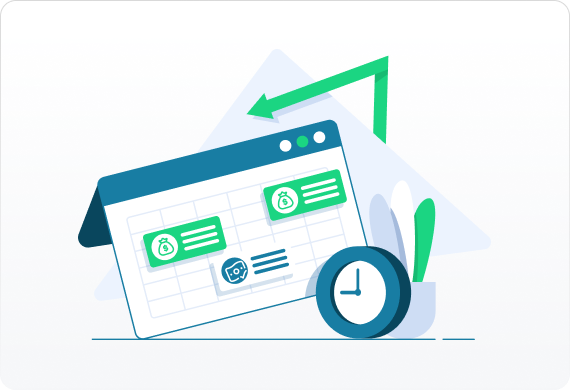Building or expanding your business requires cash. Which means if you want to grow, you’re probably going to need a business loan. There are lots of options for business loans, but navigating through the process can be difficult. The first decision you need to make is between a traditional lender and an alternative one.
So let’s take a look at the difference between the two. Once you understand this distinction, you’ll have a better idea of which is right for you. We’ll start with the basics:






